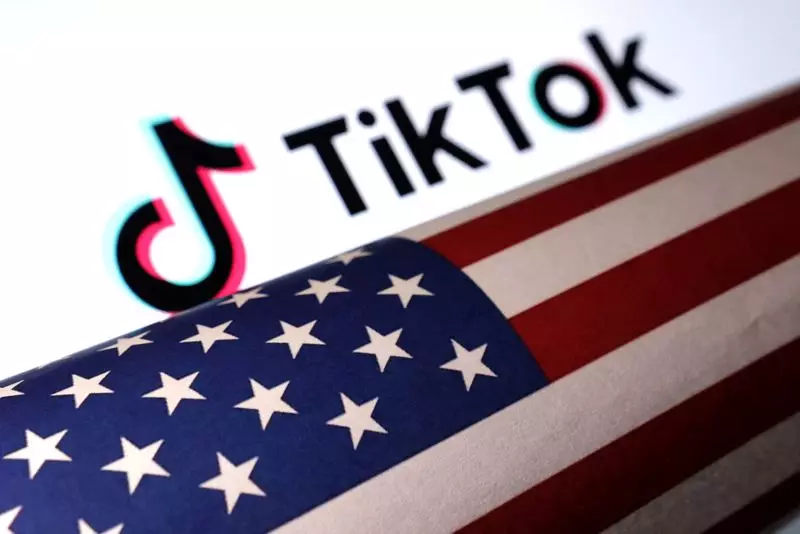In a dramatic turn of events, TikTok briefly suspended its services in the United States after a recent Supreme Court ruling enforced a ban rooted in national security concerns. The ruling followed Congress’s decision to block the app unless it divested its ownership from its Chinese parent company, ByteDance. Critics of TikTok have raised alarms over the possibility that the Chinese government could exploit the app as a tool for surveillance and propaganda, particularly given its vast user base of approximately 170 million Americans. This situation has ignited a firestorm of political and public discourse about privacy, data ownership, and the implications for American technology.
Amidst the upheaval, President-elect Donald Trump has positioned himself as a savior for TikTok, vowing to ensure its survival once he assumes office. Speaking at a rally, Trump proclaimed, “We have to save TikTok,” indicating that he views the app as significant not only from a cultural standpoint but also as an economic asset. Trump’s strategy involves issuing an executive order that would afford TikTok a reprieve, allowing the platform time to locate a U.S.-based buyer while retaining operations during this transitional phase. This response could be seen as a calculated maneuver to galvanize his supporter base by championing American business interests amidst fears of foreign control.
As the landscape of potential acquisitions unfolds, notable figures and institutions are emerging as candidates interested in taking over TikTok. Elon Musk, renowned CEO of Tesla, is among the frontrunners speculated to be exploring a deal, while financial moguls like those at Morgan Stanley suggest that Amazon could also play a pivotal role in a possible acquisition. Besides high-profile companies, reports suggest an entrepreneurial group led by Jesse Tinsley, potentially including social media influencer Mr. Beast, is also eager to stake a claim on TikTok. This diverse pool of potential buyers underscores the app’s perceived value and might act as leverage in negotiations.
Despite the looming threat of a ban, analysts largely agree that TikTok’s fate is more secure than previously thought. Public sentiment appears to be increasingly in favor of TikTok, with polls indicating opposition to a ban among the American populace. Moreover, Wedbush analysts have noted that there is substantial behind-the-scenes interest from a myriad of financial and technological entities keen on acquiring this “golden asset.” This assertion suggests that the strategic and economic implications of TikTok extend beyond mere convenience and into the realms of significant corporate and cultural investment.
The unfolding situation regarding TikTok encapsulates a broader debate concerning privacy, foreign influence, and the future of digital platforms within the United States. As the incoming administration prepares to navigate this multi-faceted issue, the stakes could not be higher—not just for TikTok, but for the entire landscape of technology and communication in America. Whether through strategic acquisitions or regulatory negotiations, the resolution of this controversy could set a precedent for how digital ownership and surveillance concerns are managed moving forward. As it stands, TikTok remains a focal point in a conversation that is far from over.

